Today will be the 11th year I mark Independence Day as a resident of the United States, and the third as a citizen.
But long before I became a citizen, or permanent resident, or had any idea my life would bring me to this country, I knew all the words to The Star-Spangled Banner.
Image: Still Burning, Creative Commons
You might think that’s a little odd for a girl from Calcutta (ok, Kolkata, though I’ll always call it “Cal”) who’s extremely proud of her Indian heritage.
But I grew up playing the piano, and that was one of the songs in one of the several music books my parents would ferret out for me whenever we’d go to Braganza’s, an old-fashioned music shop that provided our piano, tuning, my sister’s violin, my brother’s recorder, which I appropriated after a while and ended up playing in the school band with.
(In fact, the piano I played on – one of two we had in our home at the time – was rented, not bought, for a minuscule monthly fee, and still is, believe it or not. I guess my parents didn’t want to invest in buying a piano unless they knew we were serious about playing, and by the time Braganza’s realized the piano was never coming back to them, it was too late to do anything about it. Besides, who wants to take a piano away from a little girl?)
Anyway.
I loved The Star-Spangled Banner. It’s a great melody (originally a drinking song, as Steve Lubetkin reminded me, but still a great melody), and you don’t have to be a citizen of any country to be inspired by its anthems. At the time, I had no clue what the “rocket’s red glare” or the “bombs bursting in air” meant, but that didn’t mean I couldn’t play or sing it with all the verve I could muster.
Fast forward to the U.S.
My first PR gig was at a boutique agency in San Francisco which, at the time, primarily worked on marketing and publicity for Bay Area engagements of Broadway shows. The drama queen in me (I’m not joking, I actually studied drama) was thrilled to drum up publicity for shows such as Sing-a-long Sound of Music, Saturday Night Fever and Cirque du Soleil’s Varekai.
Over and above the aggressive media relations we pursued, we’d also look for events where our “stars” could sing the national anthem. Giants’ games, A’s games… you get the picture.
And nine times out of 10, they wouldn’t know the words.
How can you not know the words to your own national anthem?
Fine, the actual poem has four stanzas. But how can you not know the words to at least the first, which is what we all sing?
Regardless of your political leaning, regardless of your nationality – how can you not know the words to your own national anthem?
The media, Twitter, YouTube (and pretty much everywhere you look) are filled with op-eds, remembrances and messages such as “remember to be grateful,” “thanks to our troops,” etc. etc. This is not unusual; in fact, there are so many of them now that they’ve almost become a cliché.
But clichés are usually born because they ring true.
And if you’re truly grateful for the legacy of your country; for the truths “you hold to be self-evident;” for the rights you probably take for granted by now – you should remember how it came about; why they’re self-evident; and the reason(s) you have those rights.
And that means you should know the words to your national anthem.
This is not about being jingoistic. This is about acknowledging your heritage; whether you were born into it, or chose to adopt it. Like I chose to adopt it.
We should know the words to our national anthem.
Happy Independence Day.

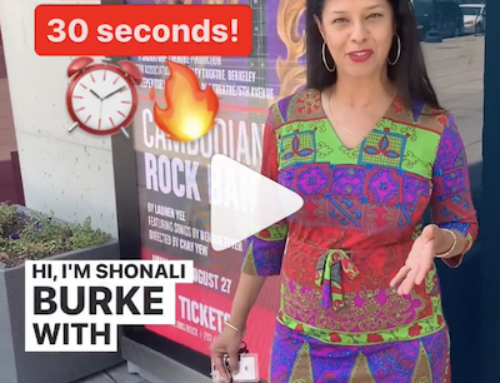
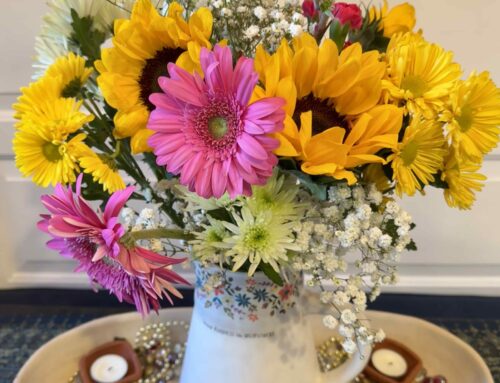

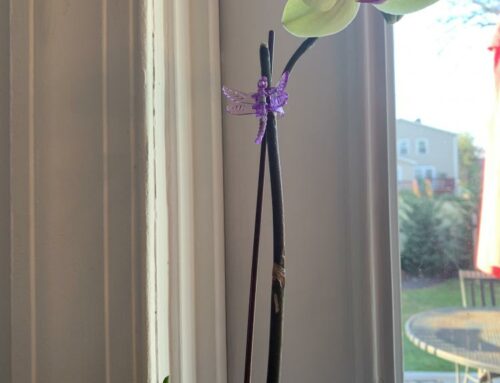
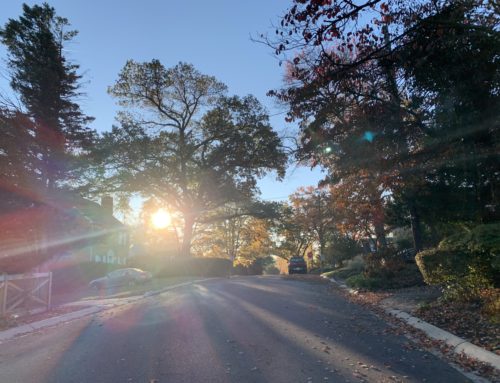
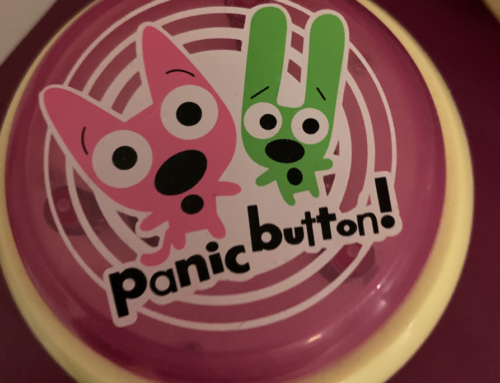

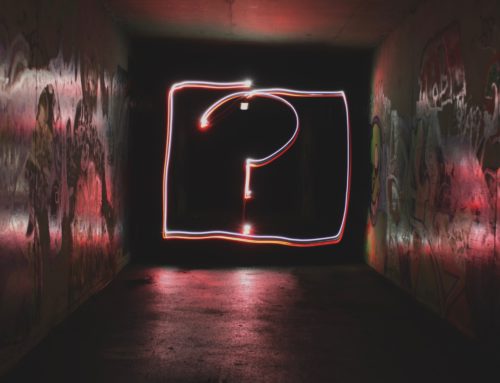
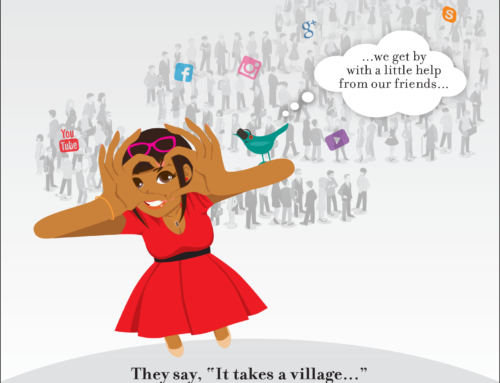
[…] of the Star Spangled Banner? Seriously? Our National Anthem? Crazy…. I just found a link to a website talking about that very thing. A post made by someone who became an American […]
As someone who has been in the US for 16 years (as of July 3rd) I can relate to your shock at citizens not knowing their own National Anthem. How could you not know it? It is also a shame that naturalized citizens know more about American History (due to all the studying for the citizenship test) than citizens born and raised in the US.
Thanks for stopping by, David.
It’s a funny story about the naturalization test. I was really – I mean, REALLY – worried about it and crammed for it even though I knew a fair bit about American history, though not some of the nitty-gritties they ask you (growing up in India, you learn the history of several other countries as well as to cram for tests).
We went off to Baltimore for the interview, waited around all day for my number to be called, and when it was, I was done in about 10 minutes. My husband was shocked. Even better, I got to take the oath that day as well, so it was a pretty emotional day.
I felt the need to share. :)
ShonaliI love this post! It’s a great reminder of how so many US citizens don’t perform this simple yet powerful act of patriotism. Knowing the words to the Star Spangled Banner and reciting them passionately is something we can all do no matter how we identify politically.
Thanks, Dinean. I really do think it’s something any citizen of any country should know, regardless of political affiliation. Otherwise why bother being a citizen?
[…] This post was mentioned on Twitter by Shonali Burke. Shonali Burke said: A very personal post: do you know the words to your national anthem? http://ht.ly/26OFq […]